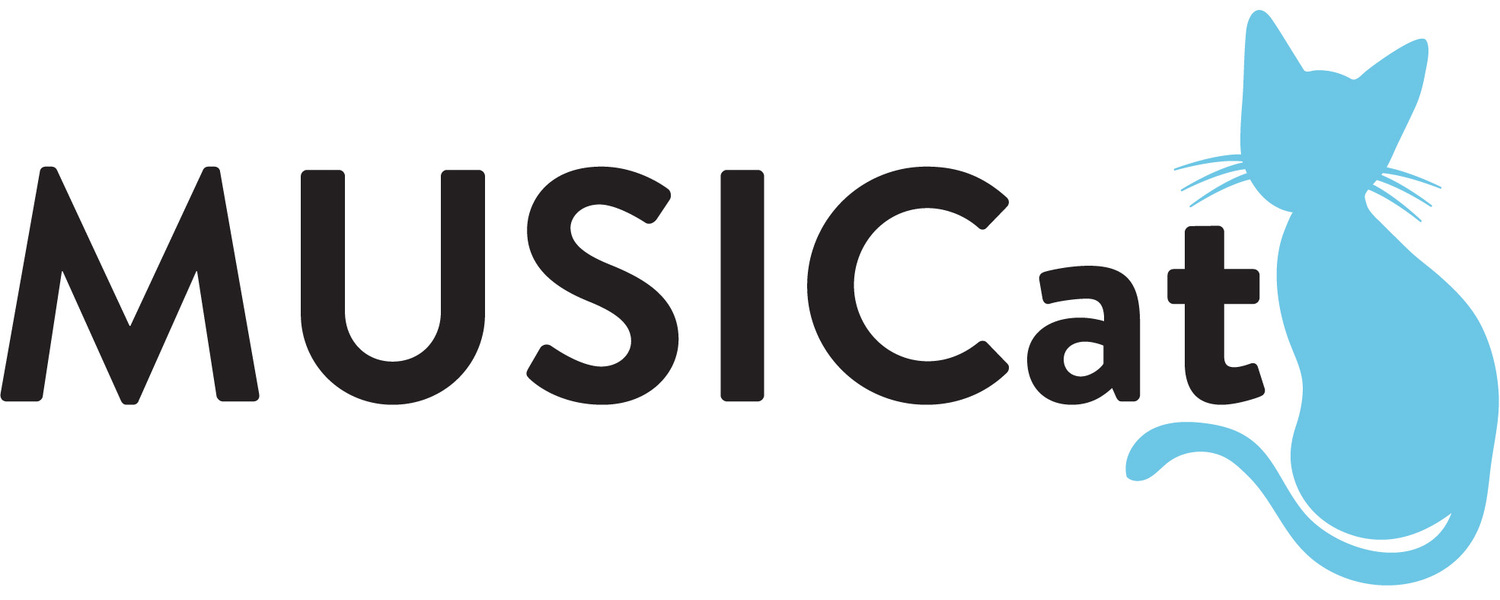At Rabble, we're piloting a range of projects to support local musicians during the COVID-19 crisis. Today, we're announcing the latest of these initiatives: MUSICat Now. This pop-up version of our MUSICat platform, the same software used by libraries from Seattle to Austin, makes it possible for any public library to rapidly build a digital public space to support local musicians.
Because a major crisis requires a major response, we're waiving all platform fees for libraries launching new local music collections with MUSICat Now. We're also drastically streamlining the MUSICat onboarding process so that any public library can begin supporting working artists in their community through direct honorarium payments within weeks, even days. What's the catch? Libraries must run open submission rounds and commit to pay artists a minimum of $200 to stream a licensed album in their MUSICat Now Collection. If your community will pay artists now, Rabble will work with you to build and support a digital public space for your music community.
We're launching MUSICat Now because we know artists need help, now. Even before stay at home orders closed restaurants, schools, and businesses in communities across the world, musicians were among the first to feel the economic impacts of COVID-19, and they remain among those who feel those impacts most acutely. Most working musicians earn the vast majority of their income through live performances, which are now at an indefinite standstill and unlikely to return in their past form any time soon, if ever. The small and midsize venues that form the backbones of local music ecosystems operate on slim margins and face massive obstacles in the time of COVID-19. It's clear many will not survive.
While reasonable people might infer that the capacity to share music via the Internet would be a boon to musicians during a global pandemic that confines people to their homes, the predatory economics of the streaming industry are an especially cruel irony in the era of COVID. The paltry fees paid to artists by corporate streaming services like Spotify are well-known and far from sufficient to sustain all but the most mainstream global acts.
Artists need meaningful local support for their work more than ever. At Rabble, we've spent the last 5 years working with public libraries to reimagine music streaming through the lens of digital public spaces. With libraries across North America, we've built over a dozen digital public spaces for local music. In these spaces, libraries and artists agree to straightforward licensing terms friendly to both parties, with most libraries paying artists a one-time honorarium up front, usually around $200, to include their work in a collection.
Obviously a $200 honorarium isn't career sustaining—so we desperately need to grow and expand the benefits digital public spaces offer creative communities, and do it now. Our library partners are collaborating with musicians to imagine and build new ways to sustain creative communities under the extraordinary circumstances of a global pandemic. In turn, the Rabble team is working with our library partners on efforts to expand and accelerate publishing and payment cycles, reduce payment paperwork for libraries and artists, create and archive virtual concert series, and build mutual aid tools that empower community members to directly support musicians. But we need support for and major investment in digital public spaces from governments at the municipal, state, and national levels to confront the enormity of the challenge creative communities face.
With physical public spaces closed and likely to reopen with limited accessibility, we need places to work, play, and connect online that don't give communities' wealth and control to corporations and their stakeholders. We need truly public digital spaces where communities can come together, creative workers can earn a living, and we can weather the COVID storm and future crises in solidarity with one another.
MUSICat Now is our offering toward a future that's built on public good, not corporate greed. We hope your library will join us.


